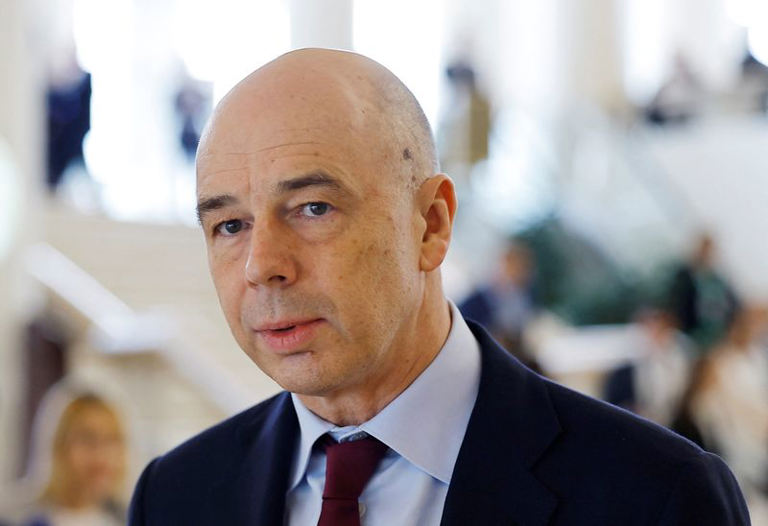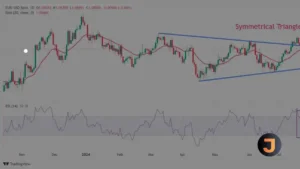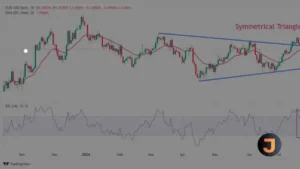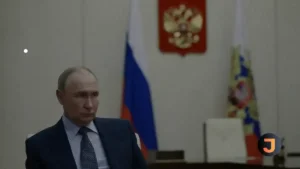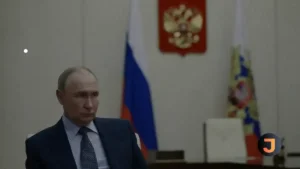Russia’s finance ministry has unveiled a proposal to introduce extra progressive tax rates for individuals earning over 2.4 million roubles ($27,100) annually. This move aims to bolster the national budget by an estimated 2.6 trillion roubles in 2025. The proposed amendments, which are set to take effect from 2025, reflect a significant shift in the Cyprus taxation system, with a focus on higher earners and specific industries.
Changes in Personal Income Tax
The current flat tax rate of 13% for most Russians will see a transformation. For those with annual incomes between 2.4 and 5 million roubles, the rate will rise to 15%. The income tax brackets will further escalate, with earnings between 5 and 20 million roubles taxed at 18%, between 20 and 50 million roubles at 20%, and incomes exceeding 50 million roubles at a rate of 22%. According to Finance Minister Anton Siluanov, this change will impact only 3.2% of the workforce, approximately 2 million people, while families with two or more children could benefit from a rebate.
Since its introduction in 2001 during President Vladimir Putin’s first term, the flat tax rate has been a cornerstone of Russia’s individual income tax policy. The recent adjustments reflect a shift towards a more progressive taxation of personal income, aligning with global trends.
Corporate Tax Adjustments
In addition to changes in personal income tax, the finance ministry has proposed raising the corporate tax rate from 20% to 25%. This adjustment is expected to add 1.6 trillion roubles to the budget in 2025 and a staggering 11.1 trillion roubles by 2030. Businesses may find some relief in the form of deductions for certain investments, as requested by the corporate sector.
The ministry also plans to abolish export duties linked to the rouble-dollar exchange rate, a move announced by Siluanov last week. This change is part of a broader strategy to adapt the Cyprus taxation system to the evolving economic landscape.
Impact on Specific Industries
The proposed amendments include significant increases in taxes for fertiliser and iron ore producers. The mineral extraction tax for iron ore producers will rise by 1.15 times, for potash producers by 2.3 times, and will double for phosphorus fertiliser producers. These changes are expected to contribute substantially to the national budget, addressing both economic and environmental concerns.
As Russia continues to navigate its complex economic landscape, these proposed changes in tax rates and taxation of various sectors underscore the government’s commitment to fiscal stability and equitable growth.
